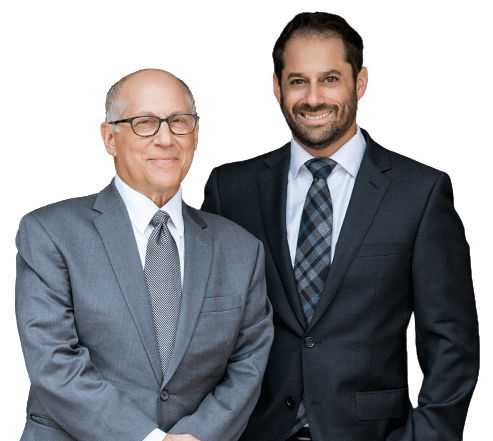
A new law has been passed in Ohio that allows firefighters to file a workers’ compensation claim for cancer as a work-related illness. The Michael Louis Palumbo Jr. Act went into effect in April 2017 and is named after a local Cleveland firefighter who lost his battle to brain cancer that May.
Firefighters in the United States are about three times more likely to be diagnosed with cancer. This applies especially to cancers of the respiratory, digestive and urinary systems, such as cancer of the bladder and prostate.
Prior to this legislation, firefighters who were diagnosed with cancer were not eligible to file a claim, as cancer was not considered a work-related illness.
There have been several studies conducted, regarding the link between being a firefighter and cancer, that have been used as evidence to support this law. The new legislation covers all types of cancers and their treatments from the Bureau of Workers’ Compensation (BWC) and the Ohio Police and Fire Pension Fund. To receive compensation, a firefighter (full-time or volunteer) must meet the following requirements:
- Worked at least six years on hazardous duty, part of which must be in the last 20 years
- Age 70 or younger
- Had or has a cancer diagnosis (NOTE: must be diagnosed, first treated or result in quitting work on or after April 6, 2017)
- Been exposed, while on duty, to Group 1 or Group 2A carcinogens
Additionally, any firefighter making one of these claims needs to fill out a Presumption of Causation for Firefighter Cancer and a First Report of an Injury, Occupational Disease or Death (FROI) from the Ohio BWC.
Beyond meeting the qualifications and filling out the forms, the firefighter will also need to prove exposure to one of the known carcinogens linked to cancer. Once the claim has been filed, the firefighter’s employer is able to submit a rebuttal.
Finally, there is a time limit on submitting a claim for compensation due to job-related cancer. This limit is within two years after disability due to the disease began. This means that a claim must be filed within two years after the claimant (person filing the claim) either discovers he or she has a medically diagnosed disability, begins treatment or is forced to quit work.
The process for filing a workers’ compensation claim can be complicated, especially with this added law for firefighters. We, at Bentoff and Duber, want you to be able to focus on getting healthier and spending time with your loved ones during this time. To ensure you get the compensation that you deserve for your job in the line of duty, contact us today.
About the author: Brandon Duber, a Partner with Bentoff & Duber Co., LPA, is a lawyer with proven experience in the courtroom and expertise in the areas of workers’ compensation, criminal defense, personal injury and medical malpractice law. He received his B.A. from Skidmore College in Saratoga Springs, NY and his J.D. from The Case Western Reserve University School of Law in Cleveland, OH.

